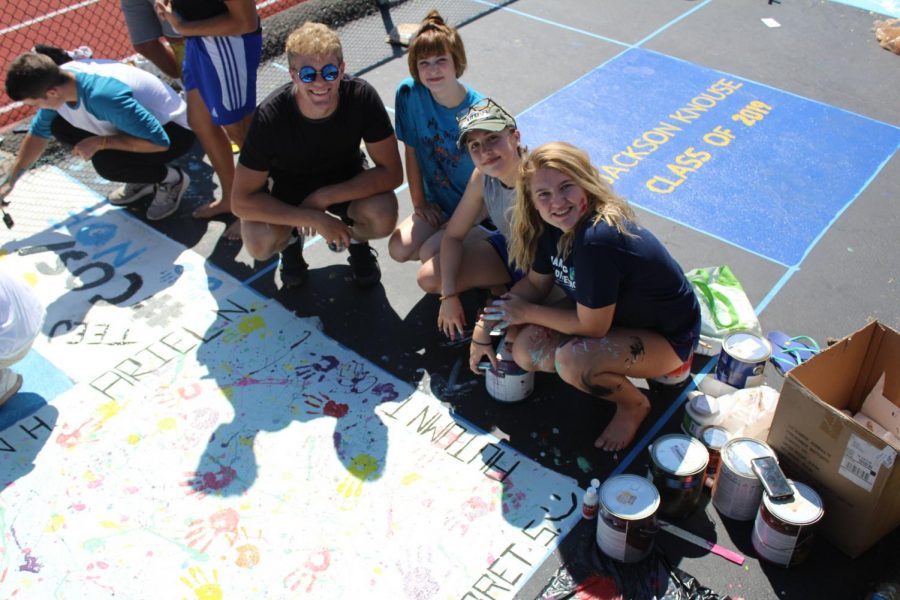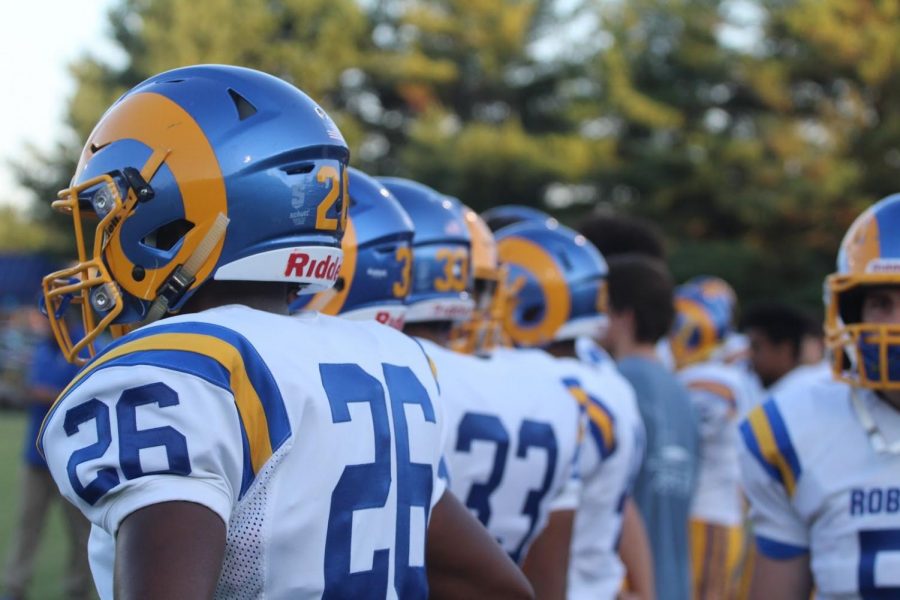Heard of a man named Joseph Kony? On March 5, the Invisible Children organization kicked off “Kony 2012,” a memetic campaign shown through a 30-minute video. According to the organization’s website, the video, which shares the campaign’s name, was made to make its titular criminal “famous,” to raise support for his arrest. The organization wishes to end the warlordian actions of Kony’s Lord’s Resistance Army in Northern Uganda, which include the abduction of young children and the advocacy of violence against civilians.
“Kony 2012” accumulated a large Internet following of high school students, who publicized the video using popular websites, such as Facebook and Twitter. Social studies teacher John Sherry said he believes the use of social media created more exposure for “Kony 2012” than it would have received otherwise.
“Without social media, the campaign would never have experienced the level of exposure it is currently enjoying,” Sherry said. “The focus increases countries’ resolve to engage the issue.”
Senior Alex Ready said he believes, while social media was effective in spreading awareness of “Kony 2012,” it did not provide students with ways to contribute directly to aiding the campaign, instead leaving this responsibility in the hands of the government.
“’Kony 2012’ was too brief to be effective; students stopped posting the video after like three days because they didn’t feel like they could contribute,” Ready said.
Despite Invisible Children receiving publicity outside “Kony 2012” in the form of its creator, Jason Russell, publically ranting in the nude about the devil in southern California due to emotional stress, Sherry said he does not believe this will impact the campaign.
“Although this occurrence is unfortunate for [Russell] as an individual, students are not going to ignore the militant actions of a guerilla leader because of one man’s mental breakdown,” he said.
Sherry said he believes “Kony 2012” will go down as a prime example of the impact social media can have on political activism among students.
He said, “I hear more of my kids discussing what would otherwise be an obscure problem caused by a rogue army, which, when spread across the Internet, places pressure on world leaders to follow up against Kony.”




